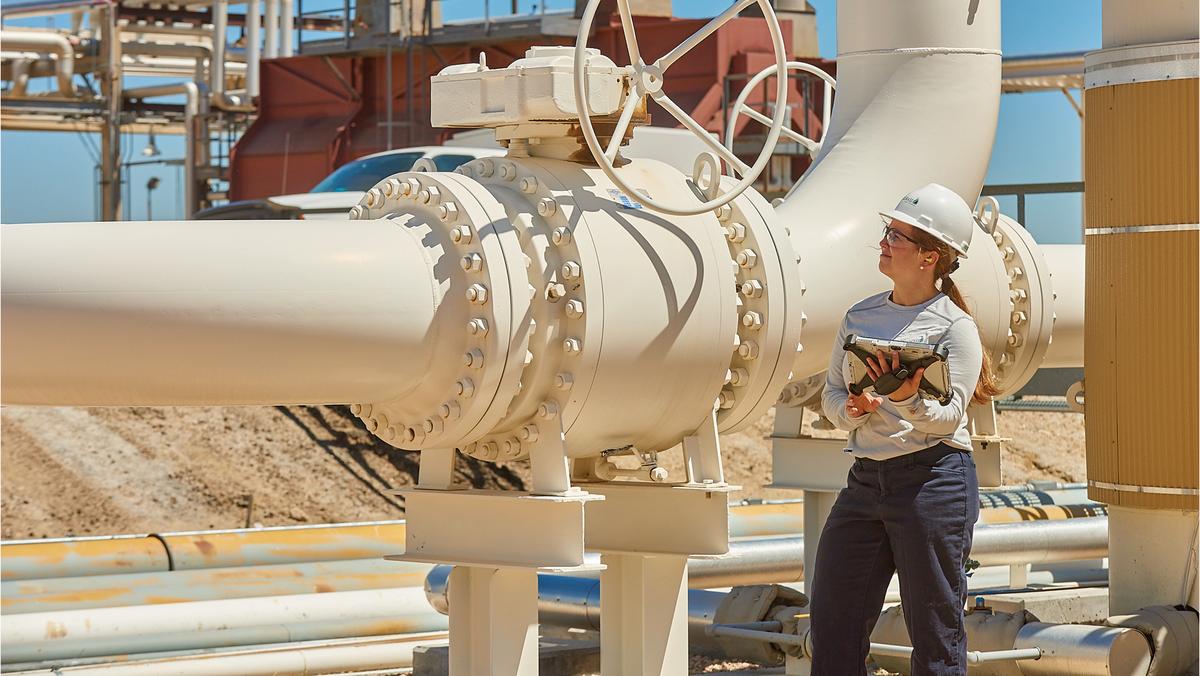
Leaps and Bounds for Tallgrass
Less than three years ago, Kan-based Tallgrass Energy accepted a $4 billion investor buyout led by Blackstone that took the midstream company private. A name change to simply “Tallgrass,” and appointment of a new CEO quickly followed, along with a fresh strategy to diversify the business from an oil-and-gas pipeline transporter and processor, to an infrastructure company with an eye on new-energy frontiers.
Reese Energy Consulting today is following the latest from Tallgrass, which operates 8,300 miles of natural gas pipelines, 850 miles of crude pipe, 300 miles of water pipeline, storage terminals, and gathering, processing, and treating assets in the Rockies, Midwest, and Appalachia regions. After going private in 2020, the company’s exploration of new-energy ventures took root with the launch of a low-carbon, clean fuels business arm that has taken flight beyond domestic borders—and in short order.
Last May, Tallgrass converted its 436-mile Trailblazer gas pipeline that extends from Colo., to Neb., to CO2 service. By December, the company had begun a feasibility study with Japan’s Osaka Gas to develop synthetic methane from low-carb hydrogen and CO2 captured from ethanol biorefineries. Now in 2023, with still more pots on the burner, Tallgrass has formed a JV with its ethanol partner and United Airlines to develop sustainable aviation fuel technology, and now has announced an agreement with its ethanol partner and Korea Western Power to develop gigawatt-scale green hydrogen and ammonia for export to Asia.
